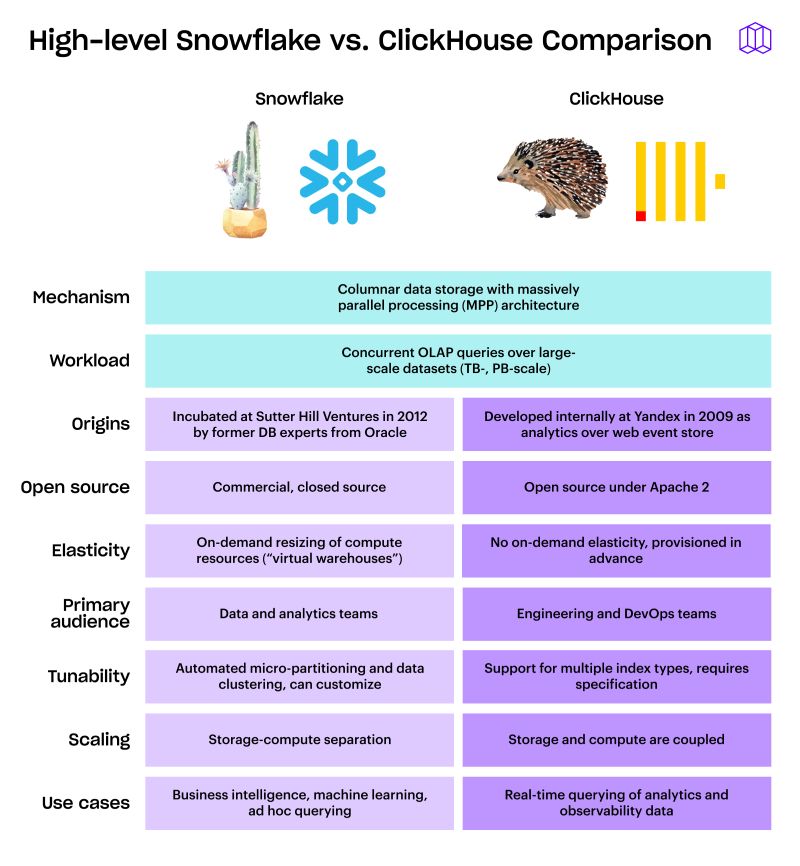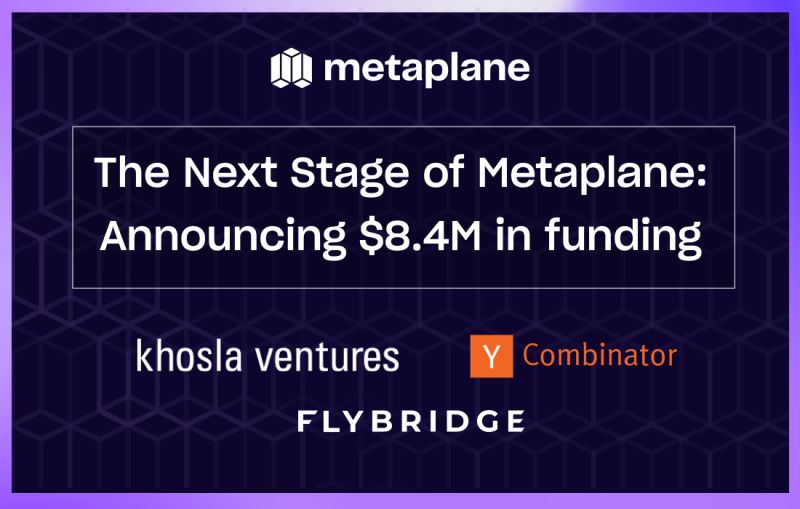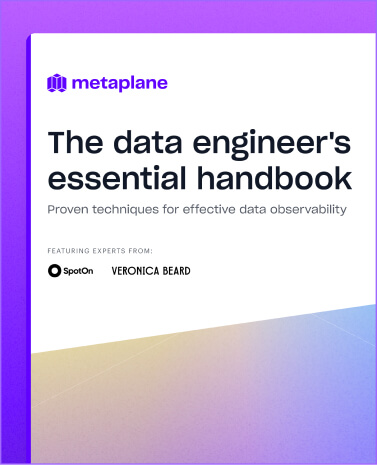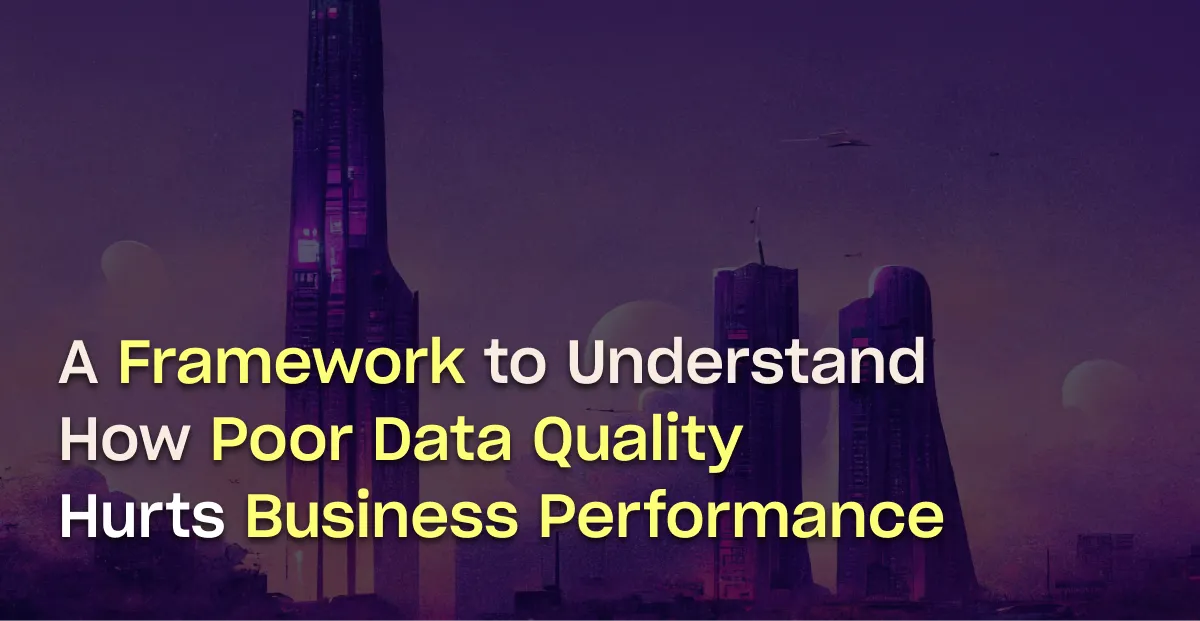DevOps and DataOps Demystified: Guide to Similarities and Differences
In this blog post, we'll delve into the distinctions between DevOps and DataOps methodologies. Discover how DevOps focuses on software development and operations, while DataOps optimizes data management and analytics. By understanding and implementing both, data-driven organizations can enhance collaboration, automate processes, and achieve better business outcomes.

As a data practitioner, you may have heard the terms "DevOps" and more recently "DataOps" being thrown around. While they may sound similar, they are not the same thing. In this blog post, we'll explore the key differences between DevOps and DataOps, and why it's important for data-driven organizations to understand and implement both.
What is DevOps?
DevOps is a software development methodology that emphasizes collaboration and communication between development and operations teams. The goal of DevOps is to shorten the development lifecycle and improve the reliability, scalability, and security of software applications. DevOps achieves this by automating the software development and deployment process, and by breaking down the silos between development, operations, and quality assurance teams.
DevOps is based on the principles of agile software development, continuous integration, and continuous delivery. In a DevOps environment, developers and operations teams work together to develop, test, and deploy code quickly and efficiently, with a focus on delivering value to customers.
DevOps Example
As an example, imagine you're the VP of Engineering at Rainforest, a leading eCommerce company specializing in hydroponic aquariums for high-end restaurants. Your role is to ensure the smooth delivery of reliable and scalable software applications to support the company's growth and provide a seamless customer experience.
By implementing DevOps methodologies and utilizing industry-standard tools, you can optimize the software development and deployment process. For example, you can leverage continuous integration and delivery tools like GitLab CI/CD or Travis CI to automate the building, testing, and deployment of software applications. These tools enable your development teams to collaborate effectively, iterate quickly, and deliver new features and updates to production efficiently.
To ensure the reliability and scalability of the infrastructure, you can utilize containerization platforms like Docker and container orchestration tools like Kubernetes. By packaging applications into containers and managing them with Kubernetes, your team can achieve scalability, high availability, and simplified deployment across different environments.
Furthermore, employing monitoring and observability tools like Prometheus and Grafana allows you to gain insights into the performance and health of your applications and infrastructure. With these tools, you can proactively identify and address any issues, ensuring optimal system performance and availability.
What is DataOps?
DataOps is a methodology that applies DevOps principles to data-driven organizations. DataOps aims to streamline the entire data lifecycle, from data collection and processing to analysis and visualization. DataOps emphasizes collaboration, automation, and feedback loops between data engineers, data scientists, and business stakeholders.
DataOps is based on the principles of agile software development, lean manufacturing, and statistical process control. In a DataOps environment, data teams work together to ensure that data is accurate, timely, and relevant to business needs. DataOps also emphasizes the use of automation tools and techniques to reduce the time and effort required to manage and analyze data.
DataOps Example
Imagine you're the VP of Data at Rainforest, a colleague of the VP of Engineering. Your role is to ensure the accuracy, reliability, and efficiency of data-driven processes within the organization.
By implementing DataOps methodologies and leveraging tools like Fivetran for extracting and loading into a data warehouse like Snowflake, catalogs like Secoda, Atlan, or Select Star for data governance, and data observability tools like Metaplane, you can streamline the entire data lifecycle. This ensures timely data flow, maintains data quality, and empowers data-driven decision-making across the organization.
Through the adoption of DataOps practices, collaboration and automation among data engineers, data scientists, and business stakeholders are enhanced. This optimizes data management processes, improves data accuracy and timeliness, and greater data utilization through the business.

What are the similarities?
DataOps and DevOps share some core concepts and principles that improve efficiency, data quality, and communication. Both methodologies:
- Avoid silos and encourage collaboration between cross-functional teams: Both DataOps and DevOps promote collaboration and break down silos within organizations. By fostering teamwork and knowledge sharing, they improve communication and efficiency.
- Employ agile practices and iterative improvements: DataOps and DevOps embrace agile methodologies to optimize their processes. They utilize iterative development, frequent feedback, and continuous improvement to adapt to changing requirements and enhance efficiency.
- Use automation to minimize errors and reduce repetitive tasks: Automation is a key aspect of both methodologies. By automating processes, they minimize errors, ensure consistency, and save time on repetitive tasks, improving efficiency and reliability.
- Emphasize monitoring, observability, and continuous improvement: Both methodologies prioritize monitoring and observability. By continuously monitoring and improving data and software products, they identify issues, optimize performance, and deliver higher quality outcomes.
What are the differences?
Despite their similarities, DataOps and DevOps differ in several key aspects, including:
- Focus: DevOps is centered around application development and deployment, whereas DataOps aims to optimize the entire data lifecycle from data ingestion to analytics.
- Role of data contracts and analytics engineering: DataOps emphasizes data contracts to ensure data quality and maintain consistency throughout data pipelines. It also incorporates analytics engineering to create reliable and clean datasets for analysts, data scientists, and business users.
- Challenges: While both methodologies face challenges like adapting to new tools and transforming organizational culture, DataOps deals with dataset validation and data quality issues, while DevOps tackles application functionality, stability, and performance optimization.
- Implications on technology stacks and toolsets: Another key difference is the tools and technologies used in each methodology. DevOps relies heavily on automation tools such as continuous integration and continuous delivery pipelines, automated testing frameworks, and configuration management tools. DataOps, on the other hand, relies heavily on data integration and data management tools such as ETL (extract, transform, load) tools, data quality tools, and data visualization tools.
Summary
While DevOps and DataOps share many similarities, they are not the same thing. DevOps focuses on software development and operations, while DataOps focuses on data management and analytics. Both methodologies emphasize collaboration, automation, and feedback loops, and require a cultural shift in the organization. By implementing both DevOps and DataOps, data-driven organizations can improve the speed and quality of software development and data management, and ultimately drive better business outcomes.
Table of contents
Tags
...
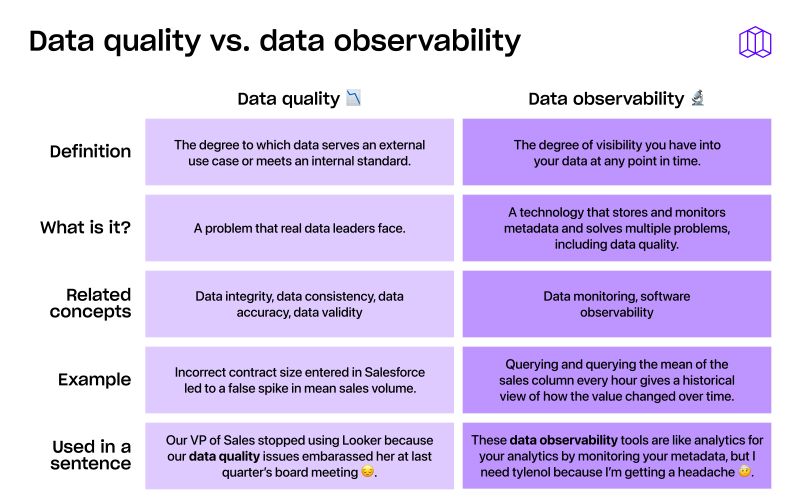
...

